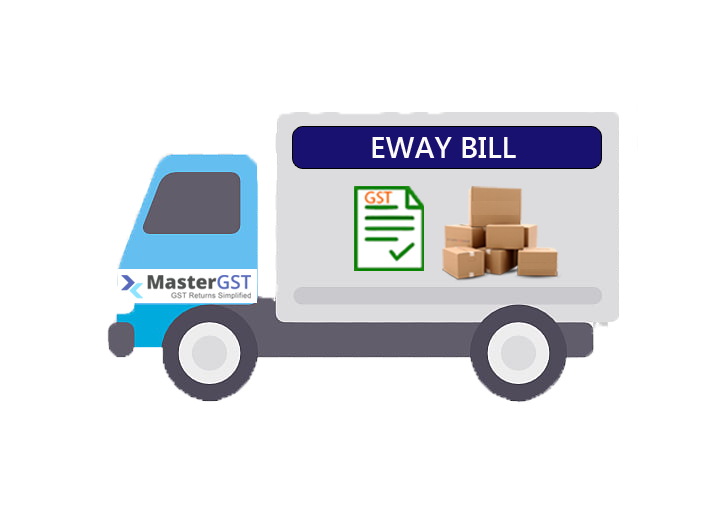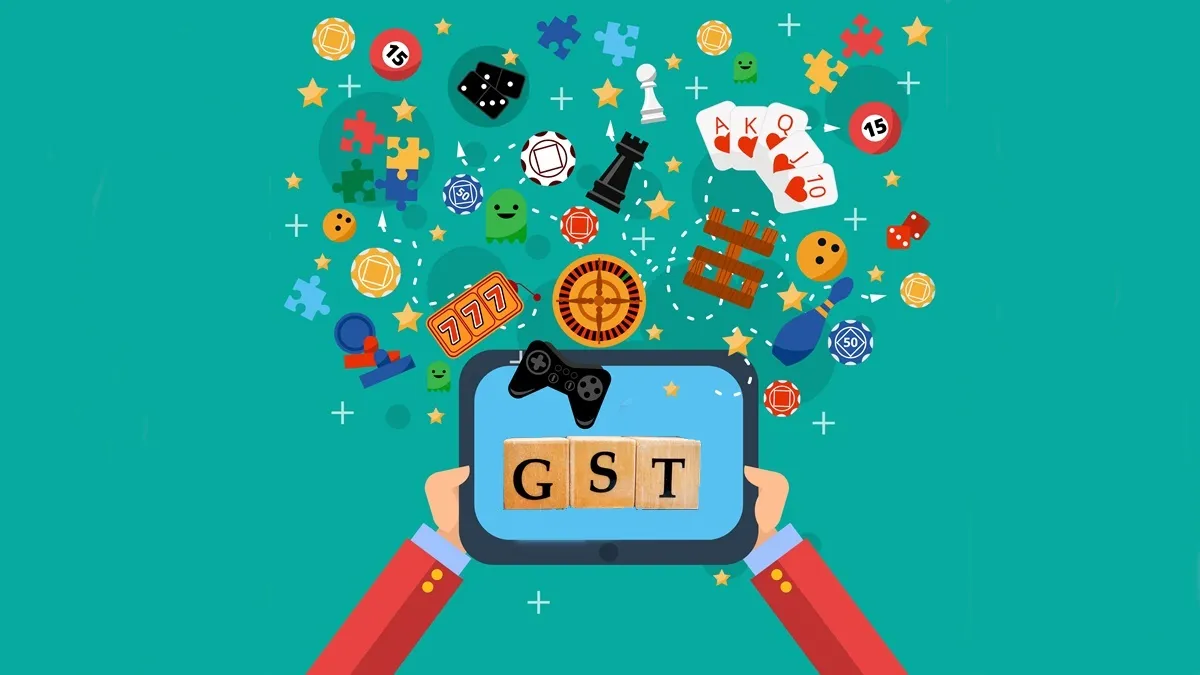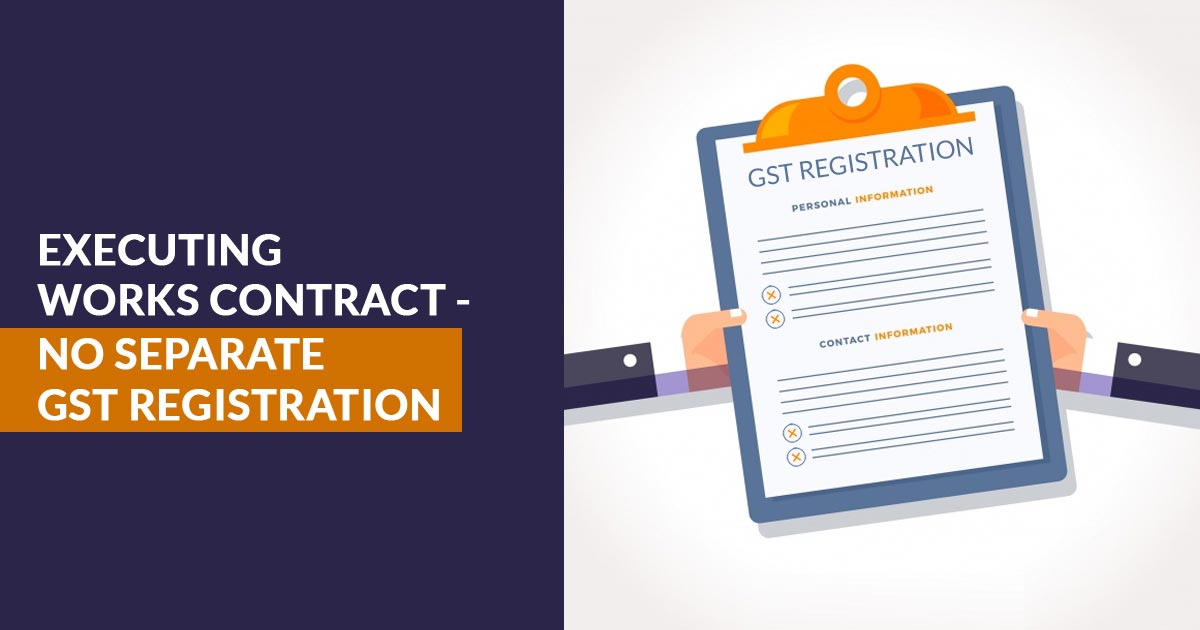Category: Goods and service tax
Streamlining Goods Transportation: The Impact of E-Way Bill Amendments in GST Regime
The recent amendment in the validity of the E-Way Bill, an electronic document integral to the Goods and Services Tax (GST) regime in India.
Businesses engaged in the transportation of Over Dimensional Cargo (ODC) and those employing multimodal shipment methods. The E-Way Bill system, designed to facilitate seamless movement of goods and prevent tax evasion, has undergone continuous updates and improvements to enhance efficiency and user-friendliness
Key Amendments for Over-Dimensional Cargo and Multimodal Shipments
The amendment specifically addresses the validity periods based on distance, differentiating between standard cargo and Over-Dimensional Cargo or multimodal shipments that include at least one leg via ship. Here's a breakdown of the revised validity periods:
-
Upto 200 km:
- Validity Period: One day
- Applicability: Cases other than Over-Dimensional Cargo or multimodal shipment, with at least one leg involving transport by ship.
-
For every 200 km. or part thereof thereafter:
- Validity Period: One additional day
- Applicability: Cases other than Over-Dimensional Cargo or multimodal shipment, with at least one leg involving transport by ship.
-
Upto 20 km:
- Validity Period: One day
- Applicability: Over-Dimensional Cargo or multimodal shipment, with at least one leg involving transport by ship
For every 20 km. or part thereof thereafter:
- Validity Period: One additional day
- Applicability: Over-Dimensional Cargo or multimodal shipment, with at least one leg involving transport by ship.
Clarifying Doubts on Distance Criteria for GST E-Way Bill Generation one particular concern involves distances below 50 km.
To address this, we refer to Eway bill 138, notification – 12/2018, dated 07-03-2018, which defines supply under GST through three distinct situations:
a) Interstate Supply:
- If the supply is interstate and the value of the goods exceeds Rs. 50,000, the generation of the GST E-Way Bill is mandatory.
b) Supply for Further Transportation within the State:
- If the supply is intrastate and meant for further transportation, and the distance to the transportation office is less than 50 km, it is mandatory to fill only Part A of the GST E-Way Bill.
c) Supply to Consignee within the State:
- For intrastate supply going directly to the consignee, even if the distance is within 1 km and the value of the consignment exceeds Rs. 50,000, it is mandatory to generate the GST E-Way Bill. This applies when transported through a motorized vehicle.
Strengthening Compliance Measures
The E-Way Bill system, implemented to streamline the movement of goods, aims to enhance compliance through various measures. Penalties for non-compliance, coupled with regular monitoring and enforcement by tax authorities, serve as deterrents, ensuring businesses adhere to E-Way Bill regulations.
E-Way Bill Generation Process
To generate an E-Way Bill, businesses must furnish details such as the invoice or bill of supply number, date, value of goods, Harmonized System of Nomenclature (HSN) code, and transportation specifics like vehicle number, mode of transport, and distance. The electronic generation of E-Way Bills, facilitated through the GST portal or via SMS by registered businesses or transporters, occurs before the commencement of goods movement. The E-Way Bill system has significantly reduced the time and effort required for tax authorities to verify the movement of goods, leading to smoother logistics operations. It plays a crucial role in curbing tax evasion and improving tax compliance by providing a documented trail of goods movement. This transparency ensures that appropriate taxes are paid at each stage of the supply chain.
Conclusion:
The CBIC's amendment in E-Way Bill validity, coupled with clear guidelines on distance criteria, reflects the government's commitment to enhancing the GST framework. These changes aim to streamline the movement of goods, promote compliance, and reduce ambiguity, fostering a more efficient and transparent taxation system in India. Businesses are encouraged to stay informed about such regulatory updates to ensure seamless operations and compliance with GST regulations.









